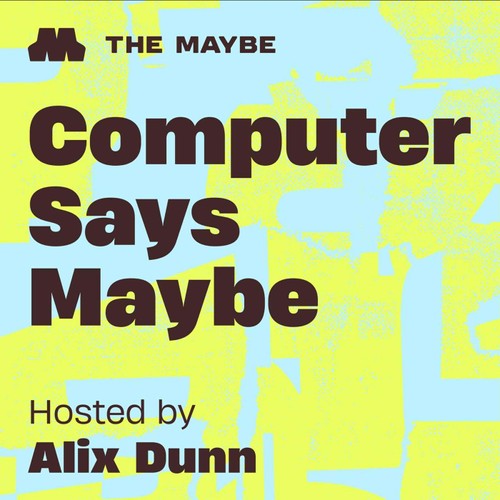
 Computer Says Maybe
Computer Says Maybe Exhibit X: The Community
5 snips
Aug 23, 2024 Elizabeth Eagen, Deputy Director of the Citizens and Technology Lab at Cornell University, discusses the role of social scientists in legal contexts. She addresses the challenges they face in conveying research uncertainty and the need for collaboration with lawyers. The conversation explores the ethical implications of AI technologies, the requirement for transparency in tech regulation, and the importance of effective government communication. Eagen emphasizes how technology impacts society and highlights the urgency for legislative responses as tech evolves.
Chapters
Transcript
Episode notes
1 2 3 4 5 6
Intro
00:00 • 5min
Navigating Research in a Social Media Landscape
05:21 • 14min
Navigating Nostalgia and Policy Challenges in the Gaming Community
19:18 • 2min
Navigating Research Collaboration and AI Ethics
21:13 • 18min
Enhancing Government Communication Through Existing Platforms
39:32 • 2min
Collaboration and Transparency in Tech Regulation
41:14 • 6min
